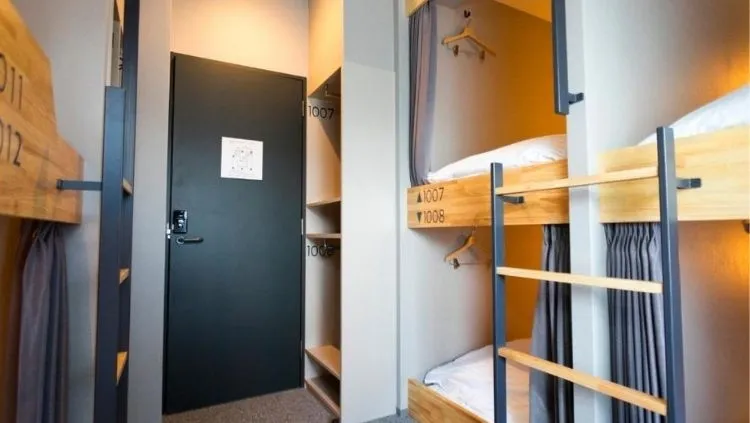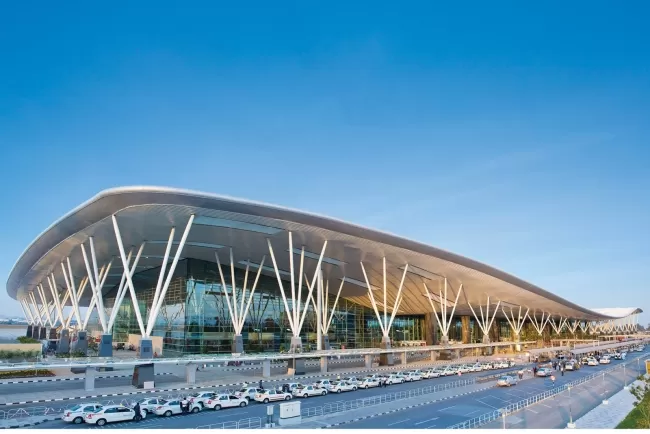Hostels: A Budget-Friendly, Social Experience...!!!
Both hostels and co-living spaces offer unique lifestyles tailored to different needs and preferences. Whether you're a traveler seeking a budget-friendly, social experience or a professional looking for a community-oriented, convenient living arrangement, there's an option that suits your lifestyle.

Hostels are favored by travelers, backpackers, and students for their affordability and social atmosphere. Here are some key aspects of hostel living:
-
Shared Dormitories: Hostels typically feature shared dormitory rooms with bunk beds, making them perfect for short-term stays.
-
Communal Areas: Common areas like kitchens, lounges, and bathrooms are shared among guests, fostering a sense of community.
-
Social Atmosphere: Hostels often organize events, tours, and communal dinners, providing opportunities to meet fellow travelers and make new friends.
-
Budget-Friendly: Hostels are generally more affordable than hotels, making them a great choice for budget-conscious travelers.
-
Transient Community: The community in hostels is usually transient, with guests coming and going frequently.

Co-Living Spaces: A Modern, Community-Oriented Lifestyle
Co-living spaces are designed for individuals who value community and convenience. Here are some key aspects of co-living life:
-
Private Rooms with Shared Common Areas: Co-living spaces typically offer private or semi-private rooms with shared common areas like kitchens, lounges, and workspaces.
-
Flexible Lease Options: Co-living spaces often provide flexible lease terms, catering to both short-term and long-term residents.
-
Modern Amenities: These spaces come with modern amenities such as high-speed internet, coworking spaces, gyms, and housekeeping services.
-
Community Events: Co-living spaces host regular community events, workshops, and social gatherings to foster connections among residents.
-
Urban Locations: Co-living spaces are often situated in vibrant urban neighborhoods, close to amenities and public transportation.
Key Differences
-
Purpose and Duration: Hostels cater to short-term travelers and budget-conscious individuals, while co-living spaces are designed for long-term residents seeking a blend of privacy and community.
-
Privacy: Co-living spaces offer private rooms, ensuring personal space, whereas hostels emphasize shared dormitories with minimal privacy.
-
Amenities: Co-living spaces provide modern facilities and amenities, while hostels offer basic amenities with a no-frills approach.
-
Community: Co-living spaces focus on creating a sustainable and interactive community, whereas hostels provide a casual social setting for travelers.
-
Cost: Co-living spaces are generally more expensive but offer better facilities and privacy, while hostels are more affordable but offer fewer amenities.
Both hostels and co-living spaces offer unique lifestyles tailored to different needs and preferences. Whether you're a traveler seeking a budget-friendly, social experience or a professional looking for a community-oriented, convenient living arrangement, there's an option that suits your lifestyle.
What's Your Reaction?

















